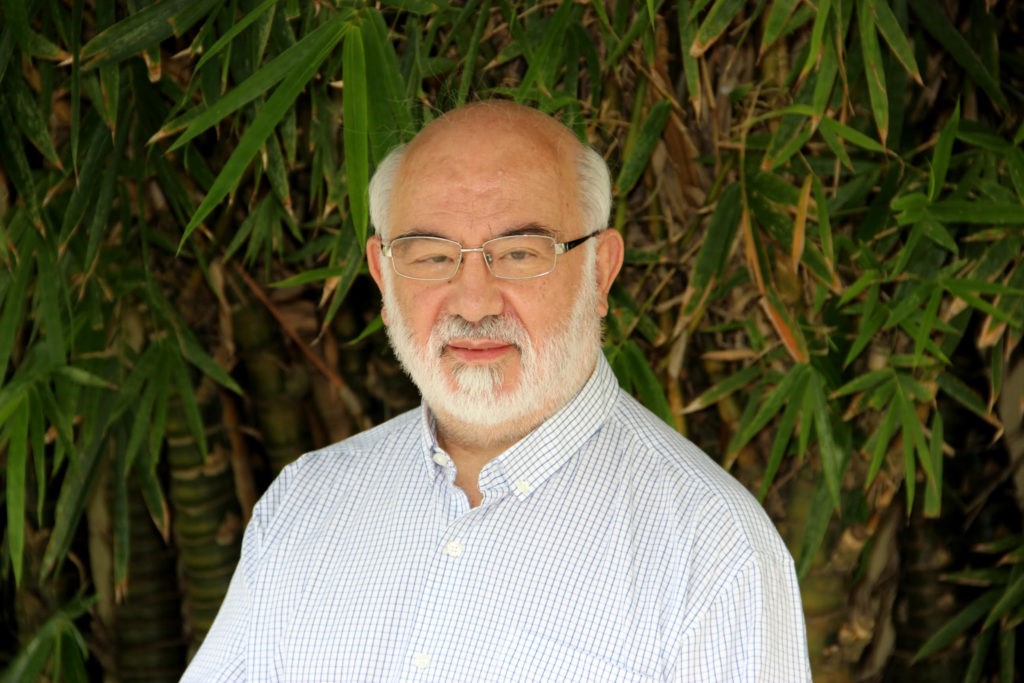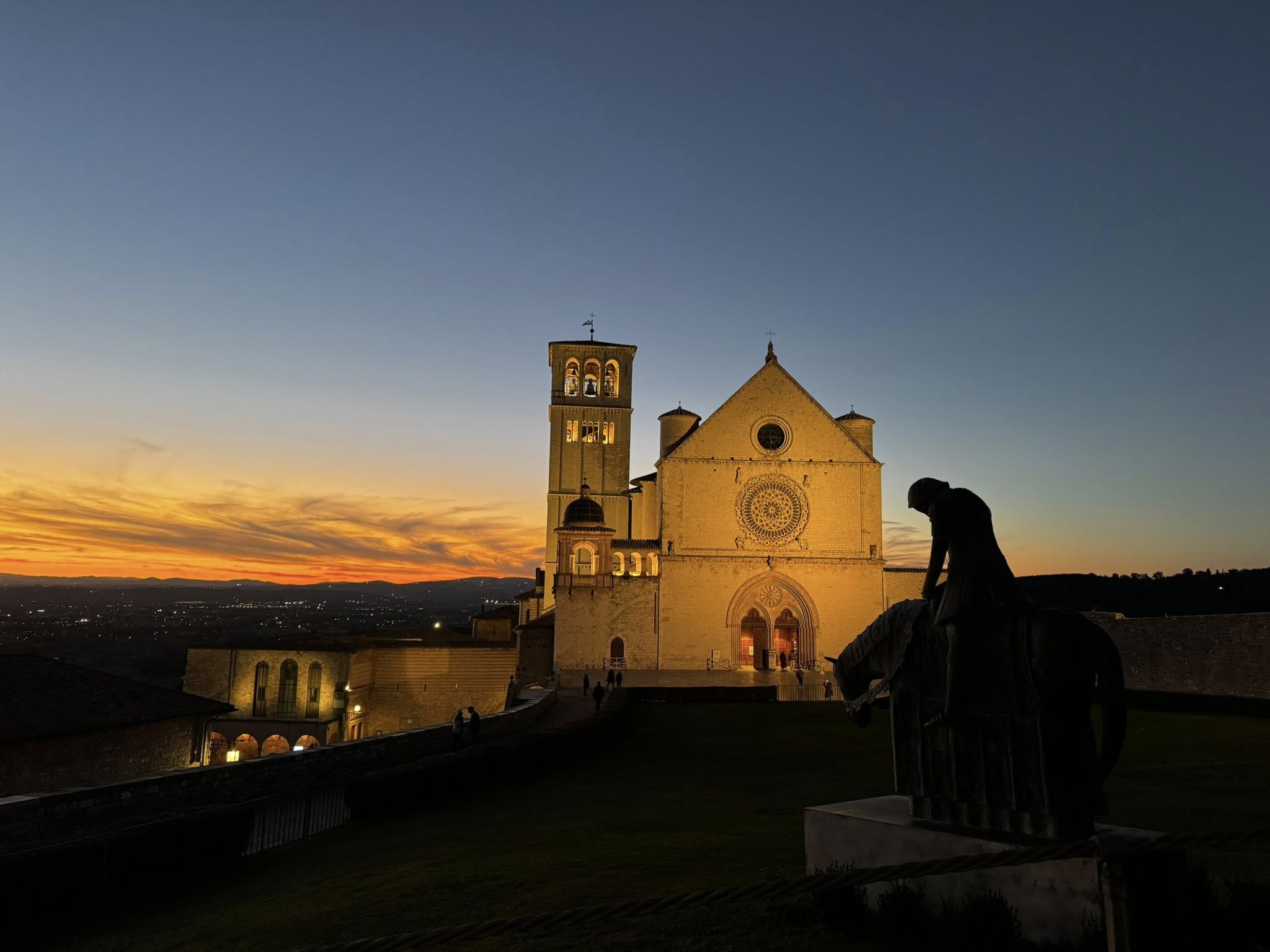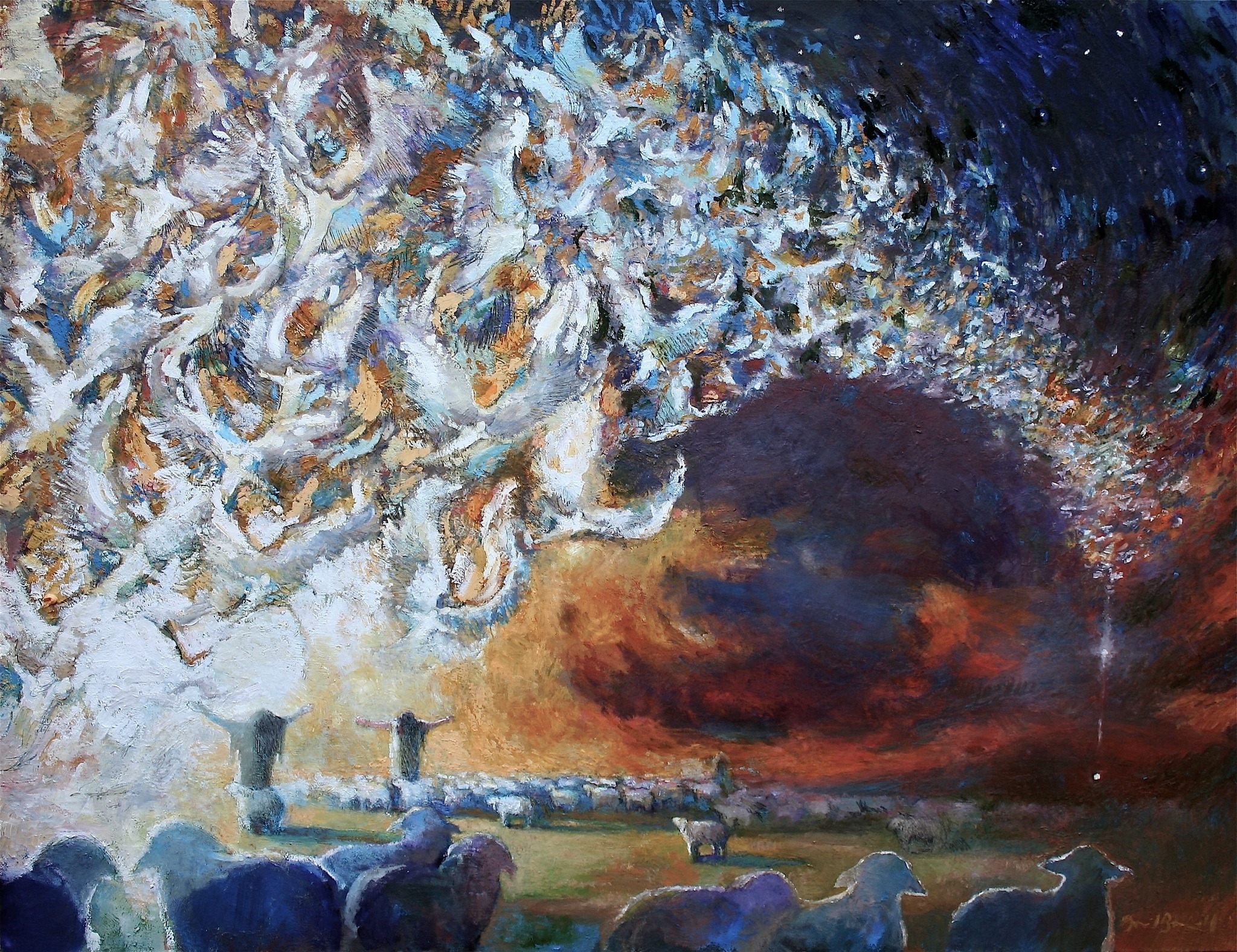– Marco Carvalho
The Apollo 11 had barely landed on the Moon when young Luís Sequeira decided to embark on an even harder journey: without being certain of the strength of his convictions, he decided to devote his life to God. His trajectory was one of discovery and faith, an itinerary taken step by step that brought him to Macau, where he grew as man and as a priest. Half a century later, the former Superior of the Society of Jesus in the territory will celebrate this Friday night – together with Father Yves Camus and Father Gregory Koay – his jubilee as a Jesuit. The celebration brings to Macau the Superior-General of the Society of Jesus, Father Arturo Sosa. His presence, Father Sequeira says, is an act of “kindness and predilection” of God.
You entered the Society of Jesus fifty years ago. How meaningful is this celebration for you?
I would say that, like every celebration of this kind, it is at least a time of pause and consideration. The normal thing among us is to have a sense of celebration, because many years have been lived with and within the Society of Jesus. Having in mind the experience I had during all these years, it is a chance to look to the past with great joy and great gratitude, but also look at a new future that presents itself and that I am still discovering.
Actually, this journey started fifty years ago, but did it, somehow, come earlier in your inner self? When did the possibility of becoming a member of the Society of Jesus become a tangible option for you?
The option for the Society of Jesus, as such, I would say that it corresponded to a slow maturing process. At the age of three I was called to help as a choir boy at Rato’s Church, in Lisbon, where the Franciscan Missionaries of Mary developed a way of conducting the liturgy which I, as a little child, delighted very much in. I loved to see and to be a part of all those procedures, but I was still not aware of what would become of me in the future. The only thing I can say is that I felt pleased with the way certain priests acted. I have always enjoyed seeing the Franciscans, dressing in burel and sandals, but I never felt compelled to say: “I want to be like them.” The first Jesuit I saw, years later, in that same church, I realized that I wanted to be like him. These episodes are small evidences that my boyhood conscience assimilated as a boy, but, the first time I recall thinking about it, but not yet in a very clear way, was when I went to the Jesuit College and, at some point, my spiritual director asked me: “Do you want to be a priest?” As I was not really sure about it, I remember having said something like: “Look, I do not know.” Fifty years later, I am aware that I grew from boy to teenager and from teenager to youngster with a predilection that goes to the point that I have spent one year in Law School and I realized what seemed to be my way, so I chose the Jesuits. My process of maturation was a step by step process. I slowly discovered how was it like to be like them, the Jesuits. Now I realize that, long before my choice was made, I kept a certain seriousness of Christian life: I wouldn’t skip Mass, I would strive to have my own time of silence and meditation and all of that made me grow. The Society of Jesus appeared in a more affirmative way in 1969, when I left Law School, in Lisbon, to enter the novitiate and the university of the Society of Jesus. Even so, I recognize that my journey until the final moment, which is in 1989, when I solemnly professed my vows, is the result of a step by step approach to God. The various steps I took – novitiate, the study of Humanities and Philosophy and even Macau – where merely stages on this journey. I was sent to Macau without ever having thought of such a possibility. I never thought I’d come to China. Here, where I was entrusted with certain responsibilities, after the studies of the first cycle of theology – the second cycle was done in Rome, the first was done in Hong Kong – I felt that the my very own path of maturation, the maturation of my own vocation finally bloomed in a much more affirmative and solemn way, when I took my own solemn vows, the votes of total acceptance in the Society of Jesus in 1989. This came to be when I already had pastoral experience as a priest and such. My conclusion is quite simple. My maturation took place step by step. I am not one of those who have had a strong, almost sudden call at any given time. No. My journey was a long one, one that I took step by step.
A journey that was always open to other possibilities. You were talking about Law School, but you could have been also a Benfica player …
Indeed. Several options appeared. I could also have had a career in advocacy, as a lawyer, which is something I really like. Not that I advanced much in the study of Law, but I liked it, and I was also a very good athlete. Not only was I a national champion competing for Porto, but I also played in Benfica. When they wanted to sign me up at youth or junior level, I said: “No, I’m going to study.” This attitude is, to me, indicative of something. I, alone, was responsible for saying no. At the very same time, on the other hand, I enjoyed the idea of staying in the Jesuits College. As I was saying, step by step I came to be who I am today.
How did Macau contribute to this maturation? How did the reality that you have encountered in Macau convince you that, in fact, total surrender to the Society of Jesus was what made sense?
There is a very important aspect in my arrival to Macau. I obeyed, in the manner of the Jesuits, which is to say, “Here is your mission, now go.” We, Jesuits, have a fourth vow, which is a vow of obedience to the Pope, in the sense that we have to obey our mission when it comes. And we must obey without blinking or thinking too much. That’s what I did, even though I didn’t understand everything. I understood, nevertheless, what I was doing. When I came to Macau, once again, I came alone. My training took place at a time when things were not so structured and therefore, my maturation was always a very intimate process. It took me a while to understand that this is my way. As I was not expecting – I never thought I would be coming to Macau, China or the East – my mission, like my vocation, also matured very slowly. There were other interests that started to manifest themselves. I began, for instance, to help a little in the Diocesan Center here, writing for the newspapers, the studies were advancing and the sense of fulfillment as a priest began to show itself in a more rooted way, always in a perspective of interculturality. I came from another continent and the idea of learning the language, learning the culture of another people gave me this reference, also in the Jesuits’ own way. The Society of Jesus came to be known in history with this great sense of frontier, for building dialogue between cultures. Macau was the place where my zest for priesthood grew stronger, where it appeared with more conviction.
In a certain way, it was in Macau that your journey came to a good place, in 1989, when you professed your solemn vows and you were fully accepted into the Society of Jesus …
When I say solemn vows, there is an aspect of confirmation here. One confirms his desire to enter the Society of Jesus and the Society accepts him. When you make your vows in the novitiate – which is something that usually happens some ten, fifteen years before – on our behalf our delivery is also complete, it is perpetual, but for the Society this acceptance only happens at the third year of probation, which, in my case, occurred in 1989. I entered the Society in 1969. There is a considerable gap here. When we make our final vows, we are already priests. The process is a bit slow. In the process something happened to me that is not very common either. I returned to Macau in 1985, after studying the second cycle of theology in Rome, and in 1986 I was made Superior here. That came to be before my formation was complete. This was a very big challenge: I was a young priest. All the priests who were around me could be my parents or grandparents. Having just arrived from Rome, I had to assume these responsibilities, a mission that lasted almost twenty years.
The missionaries of the Society of Jesus have always distinguished themselves by the prospect of seeking God through knowledge. The knowledge not only of God and the Divine, but also of the earthly things…
This dimension of Humanity always seemed to me a very deep reality in our vocation. We cannot act without this knowledge of man, of humanity, of society and culture. From there, there are other approaches that emerge: spirituality, religion and so on. These are some of the aspects that we learn in our training. Spiritual exercises – although they are a method of deepening our relationship with God – are also, and fundamentally, a method of great respect for the person and his own rhythm, his own inner journey. These aspects can obviously vary, but the fundamental attitude of God’s action in people – in which there is this deep respect for the other – I would say that it has an internal dynamic that translates into a larger attention to cultures, peoples and races. It is this same attitude that we must manifest if we want to reach the depths of people, which truly is where they can discover the presence of God.
You said that the personal process of getting to know God was gradually done in a weighted way, matured too. Nevertheless, there is a moment in your life when things changed, in a way. You suffered a stroke …
There was, in fact, in this process a deep understanding of the presence of God and my fragility. At the same time, I felt that God was acting through my fragility. If I am alive today, I am very convinced that I owe it to an intervention, a little privilege, of God through a person of whom I was a very close friend, Mother Teresa of Calcutta. I had to endure a very deep experience, through a great emptiness, through a great anguish. I would say that all of us, we need to touch this emptiness and depth to perceive the presence of God more intimately. I was allowed to go through this experience. I won’t claim that the anguish inherent to the emptiness of being is easy to endure. To go through emptiness and return to God is even harder. There is a deep void here, which, I would say, is also expressed by our word “anguish.” Not only the anguish that we feel as humans, but also, and above all, the anguish of God. We shall not forget that Jesus Christ himself, on the cross, also said: “My God, why have you forsaken me?” What I told myself was that I would undergo that experience. On my way to my sixties I have learned even more deeply this presence of God and, in a certain sense, the privilege of having been touched or favored by him. Without making more of me than the others, but I believe there is a predilection when I make this experience. I came to understand this in a more concrete, more intimate, more personal way. If I look back, I might have said something similar, but I can almost guarantee that it was not as strong as I state it today.
Is is not easy to take stock of fifty years, but if you could go back in time would you do anything differently?
No. I would say that what is done is done and I am what I am today. I have only one concern: to be one with God, as a man, as a priest and as a Jesuit. This is what I want more and more. In all my actions, from the deepest and most intimate and even in relation to any external action, my wish is to be a testimony of God. As a priest, I hope that I can dedicate myself to others as much as I can. The past? What happened it’s already gone.
How important is this ceremony today?
It is a great moment of thanksgiving. And, as I said, I am thankful, be it for my creation and for my life, be it for my vocation as a Jesuit or for the mission that brought me to China. Above all, I am grateful to God for having been called to be a companion of Jesus Christ, the Cross on my back. It is something that is proper of a Jesuit and I am glad that such is done when my age grows and my fragility is also obvious. I ask God to continue to be more and more this companion of Jesus that I promised to be and I wish I can do my best.
Is it an honor for you that the Superior General of the Society of Jesus will be present at this ceremony?
It is certainly a surprise. I must say that I feel his presence to be a kindness and a predilection of God. In the depths of my journey, I never thought that he could be with us in this celebration of thanksgiving. In my opinion, there is a very strong touch from God, whom I ask to be faithful to in the years he gives me.


 Follow
Follow

